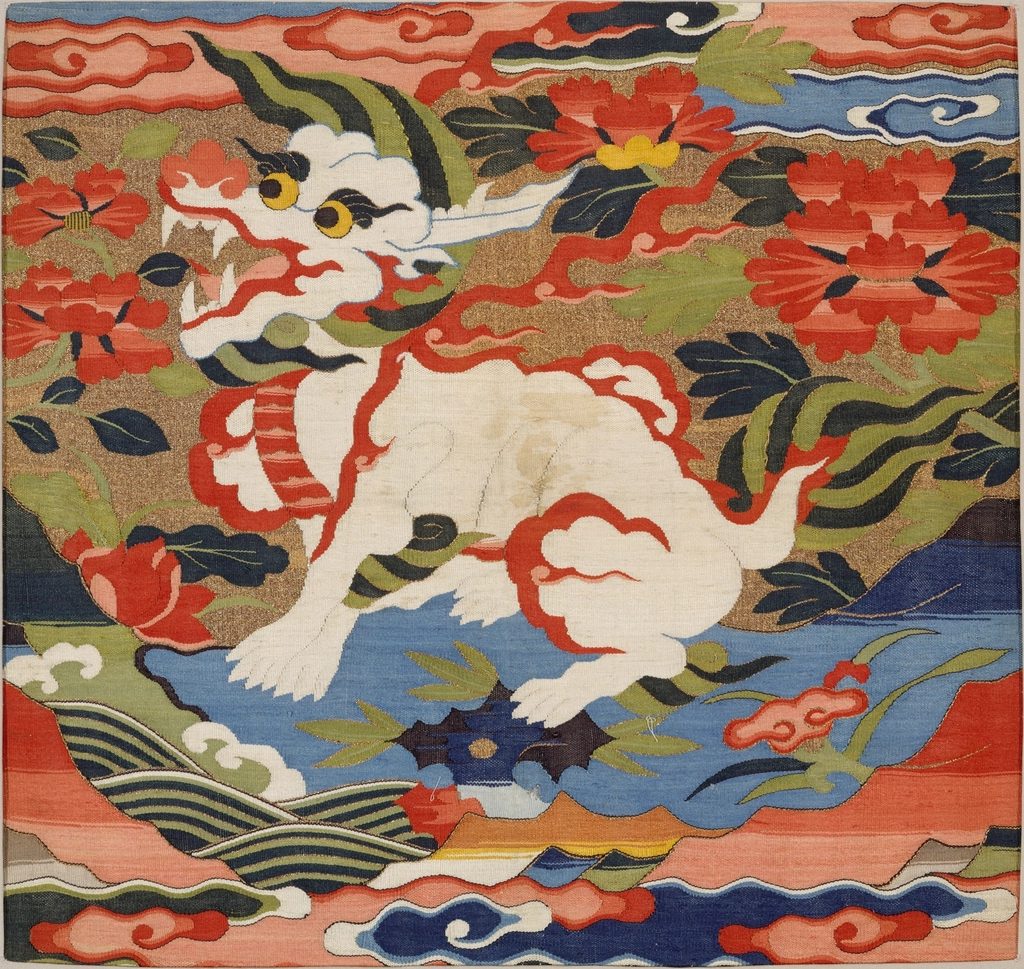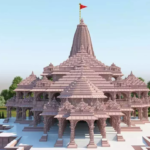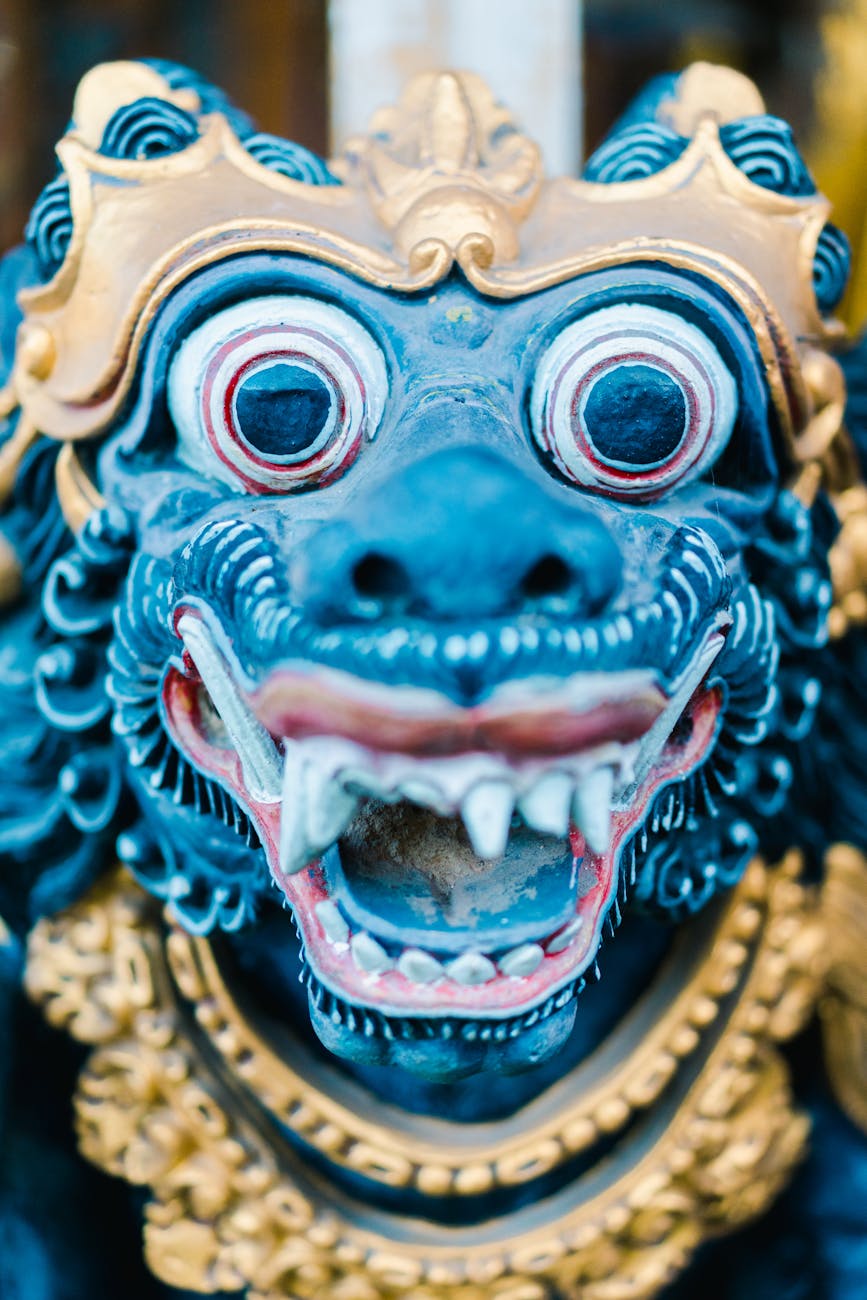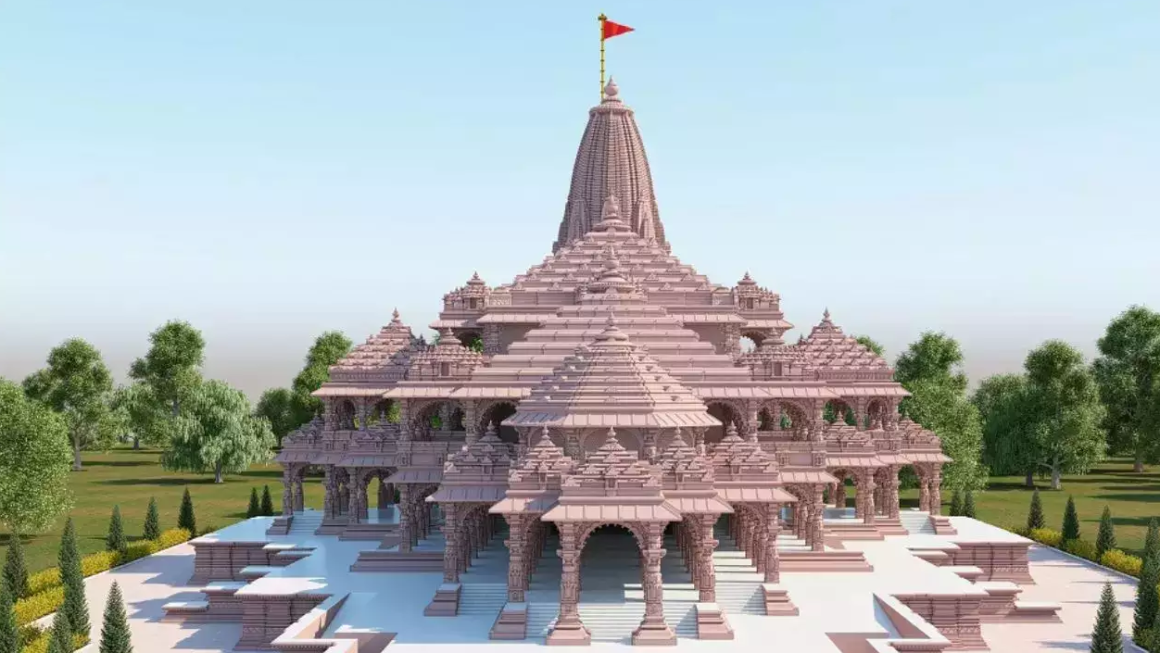Mythological characters and narratives have been integral to shaping human cultures and belief systems throughout history. These tales often depict beings with extraordinary powers, knowledge, and connections to divine realms. While traditionally interpreted as purely mythical or divine, an intriguing hypothesis emerges when viewed through the lens of modern science and speculative fiction: what if these characters were not merely products of human imagination, but rather individuals from advanced civilizations in distant galaxies? This essay aims to delve deeply into this thought-provoking concept, drawing upon select mythological narratives from various religious texts and folklore traditions across different cultures. By examining these stories through the prism of extraterrestrial influence, we seek to offer a fresh perspective on the origins of these revered figures, exploring the intersections between mythology, religion, and the cosmos.

- Introduction:
Mythology and religion have played pivotal roles in shaping the collective consciousness of humanity, providing narratives that explain the mysteries of existence, morality, and the human condition. Across diverse cultures and civilizations, mythological characters have been revered as gods, demigods, and legendary figures, embodying ideals, virtues, and cosmic forces. However, as our understanding of the universe expands, fueled by scientific inquiry and technological advancements, new avenues of interpretation emerge, challenging traditional perspectives on ancient myths and religious texts.
In this essay, we embark on a journey to re-imagine mythological characters through the lens of extraterrestrial origins. Drawing upon insights from astronomy, anthropology, and speculative fiction, we will explore the possibility that these revered figures may have been emissaries from advanced civilizations in distant galaxies. By examining select mythological narratives and folktales from different cultural traditions, we aim to unravel the enigmatic connections between humanity’s spiritual quest and its cosmic origins.
- The Quest for Extraterrestrial Life:
Before delving into the reinterpretation of mythological characters, it is imperative to establish the scientific context surrounding the search for extraterrestrial life. For centuries, humanity has gazed upon the stars with wonder and curiosity, pondering the existence of other worlds and civilizations beyond our own. With the advent of modern astronomy and space exploration, this age-old quest has transitioned from the realm of speculation to empirical inquiry.
The discovery of exoplanets—planets orbiting stars outside our solar system—has fueled optimism regarding the potential for life beyond Earth. The Kepler Space Telescope, launched by NASA in 2009, has identified thousands of exoplanets, some of which reside within the habitable zones of their parent stars, where conditions may be conducive to liquid water and, by extension, life as we know it. Furthermore, recent advancements in astrobiology have expanded our understanding of the range of environments that could potentially harbor extraterrestrial life, from icy moons to subsurface oceans.
The implications of discovering extraterrestrial life extend far beyond scientific curiosity, encompassing profound philosophical, religious, and societal implications. Questions pertaining to humanity’s place in the cosmos, the diversity of life forms, and the possibility of cosmic kinship challenge conventional worldviews and inspire contemplation of our cosmic interconnectedness.
- Mythological Characters as Extraterrestrial Visitors:
With the groundwork laid for understanding the scientific plausibility of extraterrestrial life, we turn our attention to the reinterpretation of mythological characters within this framework. Across diverse cultures and religious traditions, mythologies abound with tales of gods, demigods, and supernatural beings whose exploits transcend the boundaries of human experience. While these narratives have traditionally been interpreted as expressions of religious faith or cultural symbolism, an alternative perspective emerges when viewed through the prism of extraterrestrial visitation.
3.1. Ancient Mesopotamia: The Anunnaki and Sumerian Mythology
Among the earliest recorded mythologies are the ancient Mesopotamian traditions of Sumer, where epic tales of gods and creation myths abound. Central to Sumerian cosmology are the Anunnaki, a group of deities who are said to have descended from the heavens to shape humanity and guide its destiny. In the Sumerian creation myth, the god Enki (also known as Ea) is credited with the creation of humanity, fashioning humans from clay and imbuing them with the breath of life.
From an extraterrestrial perspective, the Anunnaki could be interpreted as visitors from another world, possessing advanced knowledge and technology beyond the comprehension of ancient humans. The Sumerian texts describe the Anunnaki as beings who came down from the heavens—a description that aligns with modern interpretations of extraterrestrial visitors arriving in spacecraft. Furthermore, the Anunnaki’s role in jump starting human civilization, teaching humanity the arts of agriculture, writing, and governance, mirrors the archetype of benevolent extraterrestrial mentors guiding primitive civilizations.
One of the most intriguing aspects of Sumerian mythology is the depiction of the Anunnaki’s home planet, Nibiru, often referred to as the “planet of crossing” or “planet of the gods.” While the existence of such a planet remains speculative in scientific terms, the notion of a celestial realm inhabited by advanced beings resonates with contemporary theories of exoplanetary systems and the possibility of life beyond Earth.
3.2. Ancient Egypt: Osiris, Isis, and the Cosmic Mythos
In the rich tapestry of ancient Egyptian mythology, the stories of Osiris, Isis, and Horus stand as enduring symbols of life, death, and rebirth. Osiris, the god of the afterlife and fertility, is depicted as a wise and benevolent ruler who brought civilization to the Nile Valley. His untimely demise at the hands of his jealous brother, Set, and subsequent resurrection through the magic of his devoted wife, Isis, form the central narrative of the Osiris myth.
From an extraterrestrial perspective, the myth of Osiris and Isis takes on new dimensions, suggesting a cosmic drama involving beings from distant galaxies. Osiris, with his association with fertility and agricultural abundance, could be interpreted as a figure representing the nurturing aspects of advanced extraterrestrial civilizations, while Isis, with her mastery of magic and resurrection, embodies the transformative power of advanced technology.
The enigmatic figure of Horus, the son of Osiris and Isis, further adds to the extraterrestrial reinterpretation of Egyptian mythology. Often depicted with the head of a falcon, Horus is revered as the god of the sky and protector of the pharaohs. His battles with Set, the embodiment of chaos and disorder, mirror the cosmic struggle between order and entropy, suggesting a mythic narrative infused with celestial significance.
Moreover, the Egyptian concept of the “Eye of Horus,” symbolizing protection, healing, and divine omniscience, could be interpreted as a metaphor for advanced surveillance technology or interstellar communication systems employed by extraterrestrial civilizations. Thus, the mythological trinity of Osiris, Isis, and Horus offers tantalizing glimpses into a cosmic saga where extraterrestrial beings shape the destiny of humanity.
3.3. Ancient Greece: The Olympian Gods and Cosmic Hierarchies
In the pantheon of ancient Greek mythology, the Olympian gods reign supreme, presiding over the heavens, earth, and underworld. Led by Zeus, the king of the gods, the Olympians embody a diverse array of powers and personalities, reflecting the complexities of human nature and the cosmic order. From the wisdom of Athena to the passion of Aphrodite, each deity plays a unique role in shaping the fate of
mortals and immortals alike.
From an extraterrestrial perspective, the Olympian gods could be interpreted as representatives of an advanced alien civilization, wielding technologies and abilities far beyond human comprehension. The myth of Prometheus, the titan who defied Zeus to bestow fire upon humanity, echoes the archetype of a benevolent extraterrestrial benefactor sharing knowledge and enlightenment with primitive civilizations. Similarly, the myth of Icarus and Daedalus, with its themes of hubris and technological innovation, suggests a cautionary tale about the dangers of overreaching and defying the natural order.
The concept of Mount Olympus, the mythical abode of the gods, offers intriguing parallels with the idea of extraterrestrial habitats or space stations orbiting distant stars. Could the legends of Zeus hurling thunderbolts from the heavens be interpreted as descriptions of advanced energy weapons or atmospheric phenomena associated with extraterrestrial visitation? The richness and complexity of Greek mythology invite endless speculation and reinterpretation, offering fertile ground for exploring the intersections between myth and science.
- Conclusion:
In conclusion, the reinterpretation of mythological characters as extraterrestrial visitors offers a captivating lens through which to explore the nexus of mythology, religion, and the cosmos. Across diverse cultures and civilizations, tales of gods, demigods, and legendary figures abound, embodying the aspirations, fears, and mysteries of humanity’s collective imagination. By re-framing these narratives within the context of extraterrestrial influence, we open new avenues for understanding the ancient origins of mythological traditions and their enduring relevance to contemporary society.
From the epic tales of ancient Mesopotamia to the cosmological myths of ancient Egypt and Greece, the stories of mythological characters resonate with themes of cosmic exploration, existential quest, and the search for meaning in a vast and mysterious universe. While the extraterrestrial hypothesis offers a provocative reinterpretation of these narratives, it also serves as a catalyst for interdisciplinary inquiry, fostering dialogue between science, mythology, and speculative fiction.
As humanity continues its quest to unravel the mysteries of the cosmos, the re-imagining of mythological characters as extraterrestrial visitors invites us to contemplate our place in the universe and the interconnections of all life forms. Whether viewed through the lens of religious faith, scientific inquiry, or speculative imagination, the tales of gods and heroes continue to inspire wonder, awe, and reflection, transcending the boundaries of time and space. In the words of the ancient Greek philosopher Heraclitus, “The cosmos is transformation, life is opinion.”












